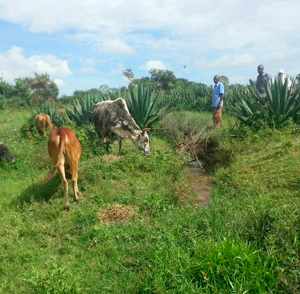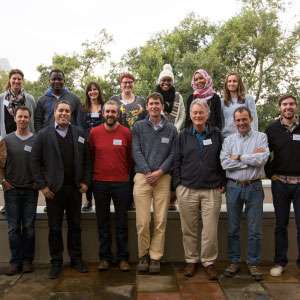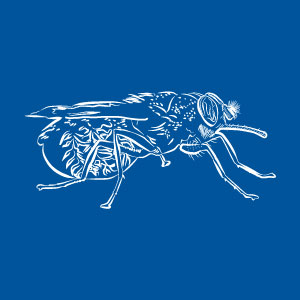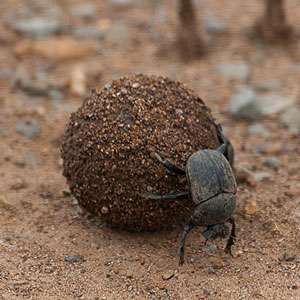

Progress on sociological studies assessing the perceived risk of trypanosome infection in marginalised communities
Sociological research forms a major component of the WHO-funded project Human African Trypanosomiasis: alleviating the effects of climate change through understanding human-vector-parasite interactions. Professor Dismas Mwaseba’s research utilised household surveys, focus group discussions and targeted interviews, in order to discern knowledge, attitude and practice (KAP) of marginalised rural people towards HAT and its control under various climate change scenarios.
...Read Full Story
Climate System Analysis Group (CSAG) at the University of Cape Town provides expertise for analysis of climate data and tsetse fly population dynamics
In partnership with the South African Centre for Epidemiological Modelling and Analysis (SACEMA), University of Stellenbosch, Lisa van Aardenne and co-workers at the Climate System Analysis Group (CSAG) at the University of Cape Town conducted analysis and modelling of climate data for the WHO-funded project: Human African Trypanosomiasis: alleviating the effects of climate change through understanding human-vector-parasite interactions.
...Read Full Story
Tsetse and Trypanosomiasis Modelling Workshop
In the last week of June, fifteen scientists converged on Stellenbosch for a week-long intensive Workshop, hosted by SACEMA. The aim was for the researchers to share their knowledge of the problems and prospects associated with modelling the population dynamics of tsetse flies (Glossina spp) and the trypanosomes that they transmit in Africa to game animals, domestic livestock and humans.
...Read Full Story
Dismas Mwaseba attends Summer School on Grounded Theory and Qualitative Methods at the University of Pisa
Dismas Mwaseba attended the Summer School on Grounded Theory and Qualitative Methods held at the University of Pisa, from 6-10 June, 2016. This news item is his account of the summer school.
...Read Full Story
Team D members participate in Global Change Impact on Diseases and Alien Species Expansion workshop at AIMS
Team D members participated in the Global Change Impact on Diseases and Alien Species Expansion workshop at AIMS, Cape Town, from 2-6 May 2016. This interdisciplinary, capacity-building workshop was aimed at bringing together research on infectious diseases and invasive species, in the context of climate change. An international group of researchers – many of them young researchers and postgraduate students from across Africa – came together to discuss these two main topics, from the perspective of a range of disciplines (biology, mathematics, social sciences and geography).
...Read Full Story
Restricted application of insecticide on cattle provides more cost-effective tsetse control and causes less damage to important dung fauna
Recent models predict that tsetse flies will respond to climate change by shifting their range, thus posing new risks to humans and livestock in previously unaffected areas. The cheapest and most convenient way to control tsetse populations in agricultural areas is to apply pyrethroid insecticides to cattle. However, these insecticides can be extremely detrimental to the important dung fauna which break down cattle pats and increase soil productivity.
...Read Full Story
Predicting the effect of climate change on the abundance and distribution of tsetse flies
Tsetse flies (genus Glossina) occur only in sub-Saharan Africa where they infest about 40% of the land surface. They can threaten health and agriculture by transmitting the parasites that cause the potentially fatal diseases of sleeping sickness in humans and nagana in livestock.
...Read Full Story
Mechtilda Byamungu visits LSTM Vector Biology group
From 15 November to 5 December 2015, Mechtilda Byamungu has been visiting researchers at the Liverpool School of Tropical Medicine as part of her involvement in WHO/TDR Project D and the associated BBSRC ZELS project
...Read Full Story